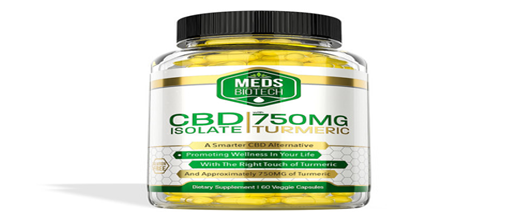Staying healthy is a challenge—especially if you are working full-time. You wake up early and come home late, and you are always too tired to work out. Living a healthy life should not be an option, it should be mandatory for everyone. After all, the body that we nourish is the same body that we use to work and earn money.
A lot of employees nowadays find it hard to commit to a healthier lifestyle. The hustle and bustle of our daily lives may present a challenge for us.
Here are a few ways on how to be healthy while working full-time.
1. Prepare your lunch:
Preparing your lunch is a very effective way of staying away from fast food. Make a weekly lunch plan; there are a lot of weekly menus that you can find on the internet. Choose the healthier option, and portion control is also essential. Research also shows that eating healthier food like fruits and vegetables may help you feel happier. You can even prepare your day-to-day snacks while you’re at it. You may also suggest to the management that your company uses an office snack delivery service for a hassle-free way to get deliciously healthy snacks delivered right to your office.
2. Schedule your exercise:
Most of us think that we don’t have time to exercise anymore. Well, you are wrong. A quick 20-minute workout in the morning is an excellent way to start your day. Jog at least three times a week, schedule your daily workout, and spend an hour or two of your weekend to bring out some sweat. You always have time to browse your phone, why not spend it on a quick workout instead? Make some effort to stay healthy despite your hectic schedule.
3. Stand up!
We spend a lot of our time sitting in front of a computer. Make a conscious effort to stand up every now and then. Find a standing table to work on or walk towards the printer or the water dispenser more frequently.
4. Drink plenty of water:
Ever wondered why you suddenly feel tired in the middle of your shift? Chances are, you are dehydrated. Adults need at least six to eight glasses of water every day to function normally. Low water intake can cause a feeling of sluggishness and drowsiness and is detrimental to your health. Keep track of your water intake. Bring a water bottle that will help you keep a timetable of the amount of water you are drinking.
5. There is no health without mental health:
According to the WHO, mental and physical health are intimately linked to each other. People suffering from depression are two times more likely to suffer from a heart attack than the general population. Promoting work-life balance is one way of keeping a mentally healthy workplace. Don’t hesitate to bring up the topic of mental wellness in your meetings. Anyone in the office can struggle with mental health. Managers should be educated on how to respond to situations involving mental health issues.
6. Control the caffeine:
A good cup of coffee in the morning can give you a good kick in the morning. However, caffeine at work can easily give you a crash. Avoid drinking coffee late in the afternoon. Caffeine can lower the quality of your sleep and drinking it regularly will lead to tolerance in which you’ll need a higher dose to feel the effects. Use a smaller mug for your coffee at work or set a cut-off time for your coffee intake.
7. Get enough sleep:
This is one of the basics. A lot of full-time workers are not getting enough sleep. This is usually the case for people who spend too much time on their phones, computers, and TV. You are randomly browsing through the internet, and suddenly you notice that it’s already 3 AM! Sleep is very crucial for our bodies to restore the energy that is spent throughout the day. Frequent lack of sleep can lead to many complications. Sleeping well will not only keep you healthy, but it is also important for your job performance.
8. Get a regular check-up:
A regular visit to your doctor is needed if not mandatory, as an expert’s advice, as well as early detection of health problems, is vital in maintaining our health. We cannot just leave everything to healthy food and exercise. We need an expert opinion on the changes in our bodies. You may feel as if you have no time for an appointment, but a simple check-up once or twice a year can go a long way in keeping you healthy.
Keeping yourself healthy may take some effort, but it is all for your benefit. Health is wealth as they all say. There’s really no reason to live a healthy life, and while it may seem impossible with your busy work schedule, making small changes can go a long way.
Read Also:


























